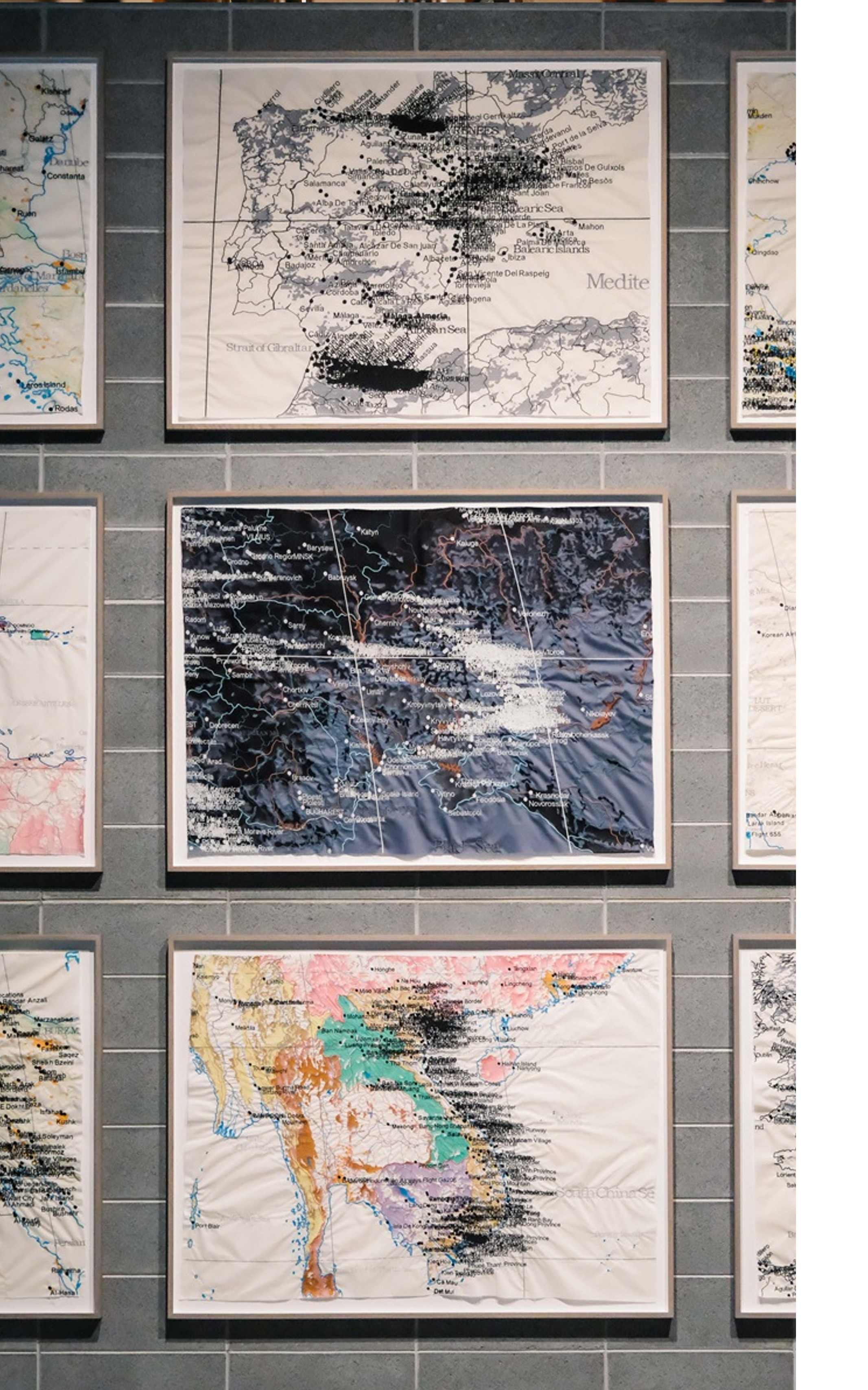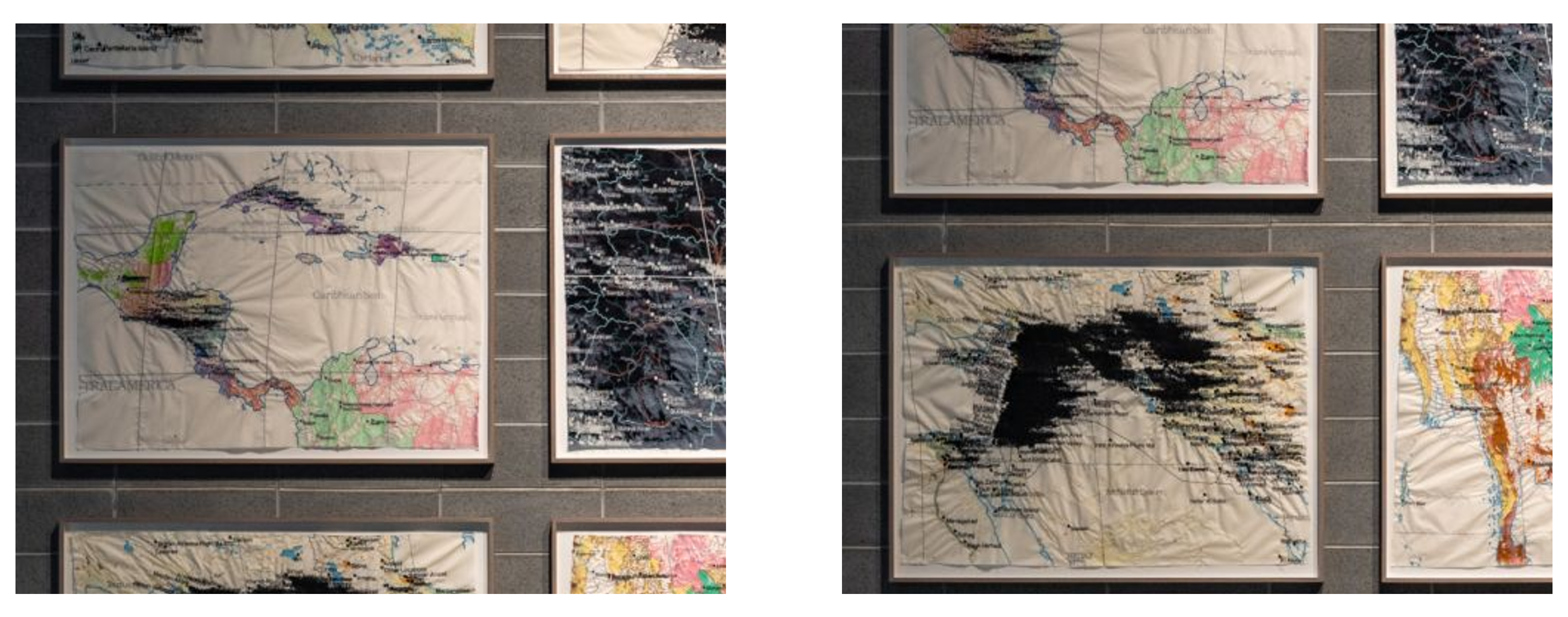A culture that generates value
Investing in culture is not merely an act of patronage, but a strategic choice that recognizes culture as one of the key levers in the value creation journey pursued by Italmobiliare.
by LAURA ZANETTI and CARLO PESENTI
 Enterprise is culture. On one hand, businesses are custodians and interpreters of an intangible heritage of values, traditions, knowledge, and identity. Initiatives such as corporate museums, historical archives, company collections, and collaborations with artists, designers, academics, writers, and innovators show how businesses themselves can become places of cultural production. On the other hand, companies also play an essential role in fostering, promoting, and enhancing culture. The relationship between business and culture is therefore bidirectional: business fosters culture, and culture enriches business.
Enterprise is culture. On one hand, businesses are custodians and interpreters of an intangible heritage of values, traditions, knowledge, and identity. Initiatives such as corporate museums, historical archives, company collections, and collaborations with artists, designers, academics, writers, and innovators show how businesses themselves can become places of cultural production. On the other hand, companies also play an essential role in fostering, promoting, and enhancing culture. The relationship between business and culture is therefore bidirectional: business fosters culture, and culture enriches business.
The bond between the Italmobiliare Group and culture is both deep and enduring. It can be traced through iconic architecture and design projects commissioned by Italcementi across the globe—such as the Pirelli Tower by Giò Ponti, the Papal Audience Hall by Pier Luigi Nervi, and the Dives in Misericordia Church by Richard Meier. It is even present in major cultural venues like the Centre Pompidou in Málaga and Zaha Hadid’s MAXXI, or in monuments such as the Grande Cretto, a land art masterpiece in Sicily by Alberto Burri. Burri himself brings us to the present day, as he is one of over 30 artists featured in "de bello. notes on war and peace", the inaugural group exhibition at gres art 671, a new art and culture center established in Bergamo at the initiative of the Italmobiliare Group, owner of the site, together with Fondazione Pesenti. Since opening, gres art 671 has welcomed over 50,000 visitors interested in the exhibitions, events, talks, and conferences featuring leading voices from literature, journalism, economics, finance, and even Nobel Peace Prize laureates. But its impact goes well beyond numbers: the space has created meaningful opportunities for dialogue, visibility, and engagement—not only for Italmobiliare, but for its portfolio companies as well. This demonstrates that culture is not only a defining trait and a core value of the Holding Company, but also a genuine driver of value creation.
This is why we chose to dedicate this edition of the newsletter to exploring the connection between business and culture, exploring some of the most virtuous and compelling initiatives undertaken in this direction by the Group’s companies.
Moon Boot, for instance, has embraced art and design as tools to engage with younger generations. Italgen promotes its hydroelectric plants as cultural spaces open to the public and local communities. Microtec, a global leader in wood scanning technology recently acquired by Clessidra Private Equity, has contributed its technology to the restoration of Notre-Dame Cathedral. Caffè Borbone uses art to connect with children living in vulnerable conditions. Tecnica Group is establishing a new heritage department to preserve and enhance the rich legacy of its brands. Bene Assicurazioni has brought art into its offices with the "Arte in Bene" project, involving employees in the creation of a mural at its new headquarters. Officina Profumo-Farmaceutica di Santa Maria Novella sponsored the exhibition "Michelangelo, Leonardo, Raphael: Florence, c. 1504" in London and was selected as one of the brands representing the best of Italian excellence at the Italy Pavilion at Expo 2025 in Osaka, inspired by the theme “Art Regenerates Life.” Art is also central to Cantina Zaccagnini (part of the Argea Group), which in 1984 hosted Joseph Beuys for his historic "Defense of Nature" performance, Beuys being, like Burri, one of the artists featured in "de bello. notes on war and peace". Their presence confirms how art and culture transcend time and geography, connecting generations, places, people, and worldviews. Notably, SIDI chose a cultural venue like gres art 671 to host its first global meeting of representatives from both its motorcycle and bicycle sales networks, organized to unveil the company’s new logo. This event marked a key milestone in the brand’s relaunch journey, one that is firmly rooted in the history and values of a company renewing itself while staying true to its tradition.
By sharing these initiatives, we aim to highlight the many projects launched by our companies, but above all, to foster reflection. In a global context where the symbolic value of a brand is increasingly decisive, these virtuous examples show that investing in culture is not merely an act of patronage, but a strategic choice that recognizes culture as one of the key levers in the value creation journey pursued by Italmobiliare.
A strategy that continues to generate value for shareholders. The Group, which employs over 6,500 people, recorded aggregate revenues of €1.6 billion in 2024 and has distributed a total of €365 million in dividends since 2018—equivalent to €8.7 per share. Despite a highly challenging geopolitical environment marked by multiple ongoing and dramatic conflicts, rising raw material costs, and significant market uncertainty and volatility, early 2025 results show encouraging signs. In the first quarter of the year, the Group achieved a revenue increase of over 14%, driven by growth across all industrial holdings. Net Asset Value remains stable at over €2.2 billion, with a positive cash position of €273.8 million to support further portfolio growth.
At the same time, the Group continues to advance on its decarbonization path toward the goal of Net Zero emissions by 2050, with a climate strategy aligned with the Paris Agreement, made possible through the guidance of the Science Based Targets initiative, which has already validated the emissions reduction targets of Italmobiliare, Caffè Borbone, Capitelli, CDS - Casa della Salute, Italgen, Officina Profumo-Farmaceutica di Santa Maria Novella, and SIDI. Efforts have also been significantly intensified across all other strategic lines, from promoting a strong safety culture starting with leadership, to investing in human capital through professional development, inclusion, and gender equality. All of this is underpinned by solid governance, built on the highest global standards, including the UN Global Compact, and extended across the entire value chain.

